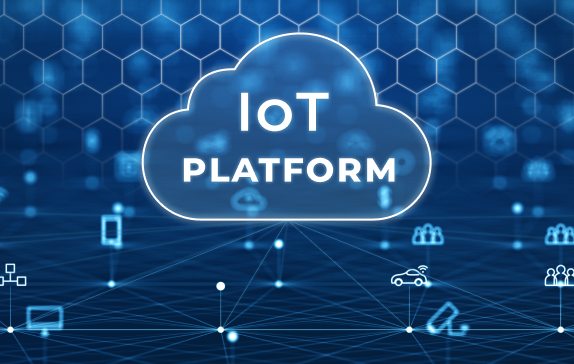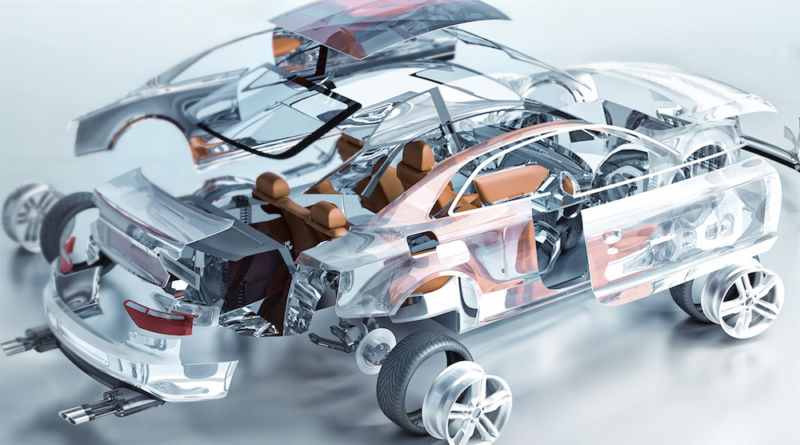Top benefits of choosing IoT platforms?

An IoT platform is a modular software technology that enables IoT device connectivity, device management, data management, cloud application development and enablement and advanced analytics solutions. While the management and control of industrial IoT devices and data are the original value proposition of an industrial IoT platform, several different platforms have emerged that are suitable for various use cases.
Internet of Things (IoT) platforms are designed to provide applications that cater for a wide range of connected devices stored in different locations. Cloud platforms are used to provide companies with the infrastructure needed to build IoT systems.
These platforms include software and device development and deployment solutions that make it easy to get IoT systems running. The best IoT platforms are packed with ready-made features such as help billing and data analysis support, designed to help you get the most from your IoT infrastructure and provide valuable support to each member of your team.
Industrial IoT platforms are responsible for establishing, enabling, managing and trusting the interactions between the digital ecosystem of people, systems, data and devices. Platforms enable industrial IoT devices to connect and share information between different business applications, cloud services, mobile applications and legacy systems. The best industrial IoT platforms allow devices to be integrated into enterprise applications to allow a seamless and secure flow of data between connected people, systems and things.
Important features of IoT platforms are data management and analysis, application development, interoperability, device management and security. IoT platforms facilitate the scalable deployment of IoT sensors and provide a platform for managing and analyzing IoT device data.
IoT platforms are becoming essential tools for a wide range of industries, and, while adoption shows no signs of slowing, research suggests that registration is needed to increase the use of IoT platforms by 25% next year. IoT platforms help companies by reducing development time and this increases time to market by making applications scalable, reducing costs and avoiding technical errors. Manufacturers benefit from the technology of the IoT platform by using their analytics capabilities to streamline machinery maintenance schedules, improve product quality, shorten wait times for quality assurance checks, introduce networked products and services and establish use-based pricing models.
Industrial IoT platforms coordinate, build and integrate industrial IoT business logic with other back-end systems to deploy IoT data and workflow management. Advanced analytics platforms are designed to support IoT systems that employ AI and machine learning applications to collect huge amounts of data. One could say that IoT platforms provide a meeting point where connected devices can collect and process the data they deliver over the network.
IoT platforms have their essential functions and capabilities at all levels: connectivity, network management, device management, data acquisition, process analysis and visualization, application support, integration and storage. Device management and data communications to the cloud are of course crucial, as are application capabilities, edge capabilities, vertical capabilities, support for advanced security, analysis and visualization for IoT platforms, especially at the communication level with heterogeneous platforms.
Many consumer IoT products have integrated connectivity management into their application enablement platforms. Even if you are signed to multiple carriers, IoT connectivity platforms provide a single interface for deployment, monitoring and managing your devices anywhere in the world. Your job is to manage the connectivity between your devices and your cloud platform for many mobile operators and other specialized carriers such as Sigfox.
An IoT platform facilitates data acquisition and transmission, device management and application development for IoT systems. In addition to providing connectivity services, a good IoT platform simplifies the process of integrating IoT devices with different connectivity technologies and eliminates the need to sign contracts with multiple network providers. An IoT cloud platform as a service offers more flexibility if you want to limit storage requirements or scale the number of IoT devices.
The other big thing to look for in an IoT platform is how to deal with data that comes from multiple sources, including third-party platforms and operational technologies that relate to things like manufacturing and construction equipment, vehicles, and various business tools. IoT devices and SDKs can be offered by platform providers to enable buildings such as agents and data acquisition devices.
The trick for companies to evaluate what IoT platform vendors have offered, what their track record is, what the architecture of IoT platforms looks like, how practicable they appear to be for the future of IoT, and how to determine whether a vendor can provide the specific solution the company needs is the analytical process.
You want your IoT platform to have a standardized interface and REST API that allows you to connect your end-users to smart applications that can harness data for your specific business case. As your IoT project grows, adapt it to a state where there are a handful of devices in one area or thousands in many regions. The IoT devices and platforms you use should be marketable, less expensive, less bloated and large-scale.
